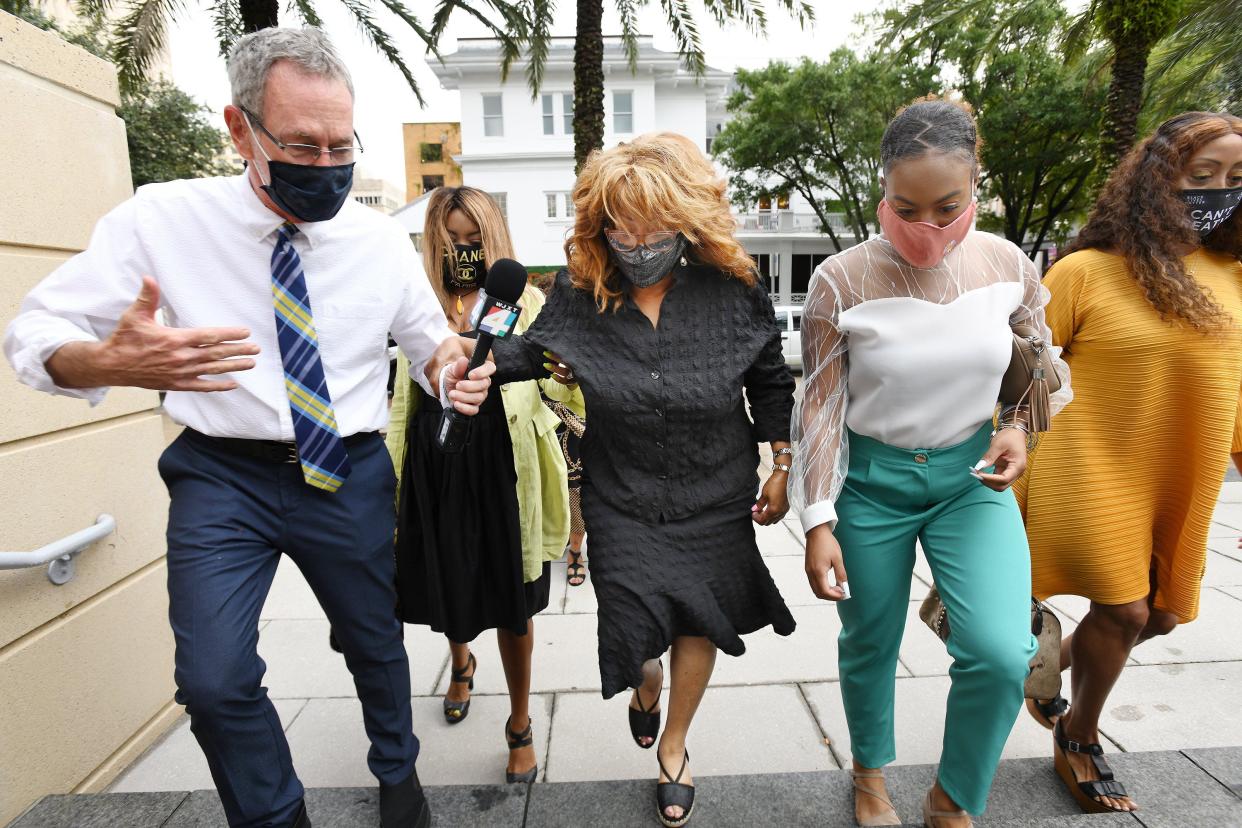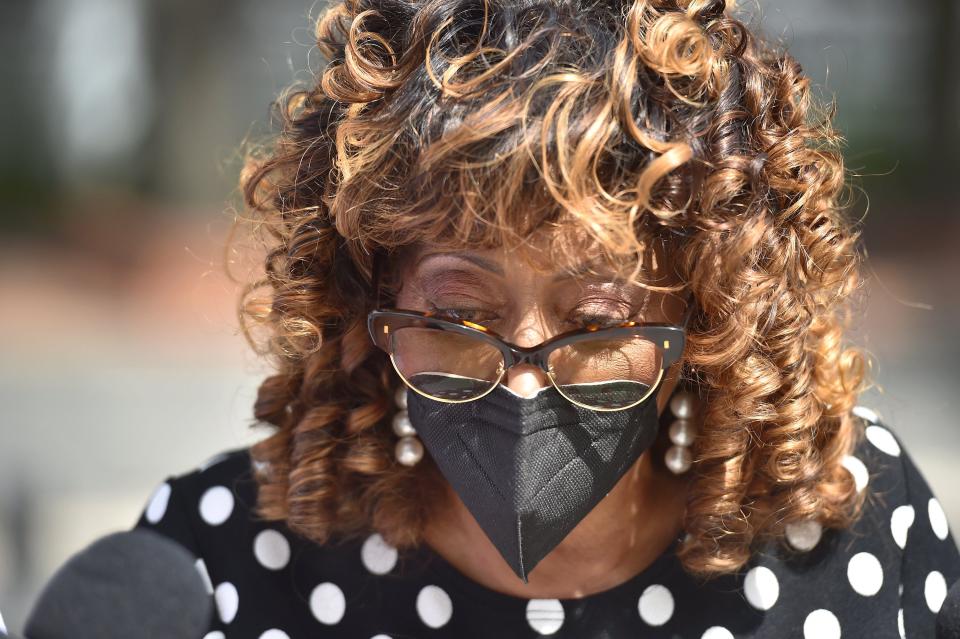Ex-U.S. Rep. Corrine Brown, a Jacksonville icon, taking plea deal on federal fraud charges

Former U.S. Rep. Corrine Brown has apparently reached a plea deal to resolve her six-year-old federal fraud charges without going through a second trial.
A change of plea hearing with prosecutors and lawyers for the longtime Democratic powerhouse has been scheduled for 11 a.m. Wednesday in front of U.S. District Judge Timothy Corrigan. Brown has consistently pleaded innocent in a case that helped end her 24-year run as a voice for Jacksonville in Congress.
Brown, 75, served 27 months of a five-year sentence in a minimum-security prison camp before being moved to something like home confinement in 2020 to avoid exposure to COVID-19.
But last year an appeals court threw out her 2017 conviction and ordered a new trial on 18 criminal counts including mail and wire fraud, conspiracy and filing false tax returns.
The 11th U.S. Circuit Court of Appeals in Atlanta didn’t reject any evidence from the trial, which centered around $800,000 collected by a sham charity that Brown championed and the fancy events donations paid for.

But the court said Corrigan had acted improperly by removing a juror who said “the Holy Spirit” had told him Brown was innocent and replacing that man with an alternate during the jury’s deliberations.
That decision invalidated the guilty verdict and required a new trial, the appeals court said.
It’s not clear whether pleading guilty could lead to Brown facing any incarceration beyond the time she’s already served, although that seems doubtful.
Five years have passed since Brown was first convicted, and her added age plus the year she has spent living quietly awaiting the next trial could bolster the argument that no more time behind bars is necessary.
The fact that she’s pleading guilty to something can be used by defense lawyers to show she’s accepting responsibility for her actions, a factor courts are supposed to consider.
And the fact that a deal was negotiated at all would typically mean Brown's admitting guilt to something less than all counts, making it easier to justify a sentence besides prison.

Brown has had two court-appointed attorneys preparing for a re-trial, which Corrigan scheduled to start Sept. 12.
Brown last year told the judge the first trial cost her about $500,000 and sought to get back about $43,000 the government had seized to help pay a $515,000 restitution order based on the verdict.
Brown qualified for a pension through her decades in Congress but an order from Corrigan in January said the restitution payments came through the Treasury Offset Program, which intercepts government payments to people and uses them to pay off the recipients’ delinquent debts to federal agencies.
About $31,000 of the money Brown was seeking was still in U.S. Treasury Department hands in January, and Corrigan said then that a decision on any refund should wait until the second trial was completed.
This article originally appeared on Florida Times-Union: After 6 years, ex-U.S. Rep. Corrine Brown reaches deal on fraud charges

